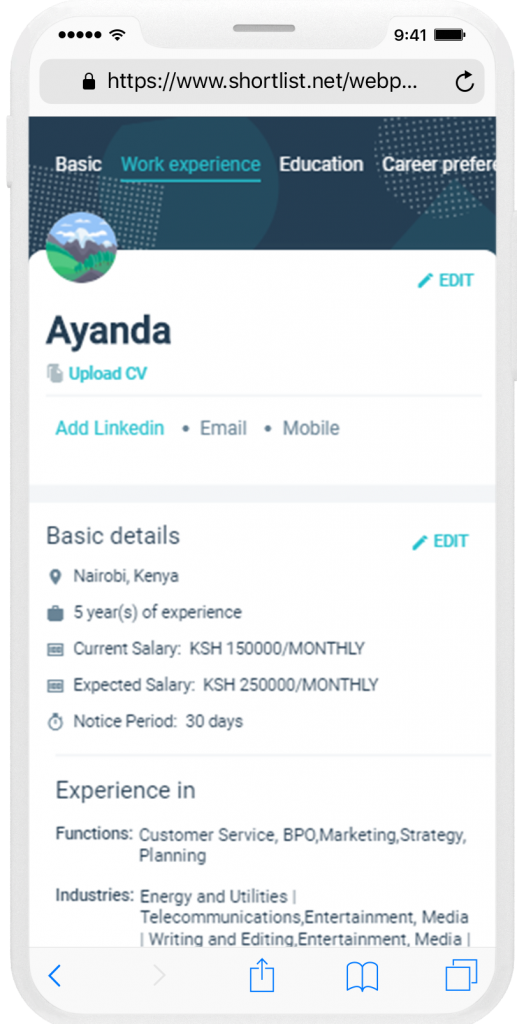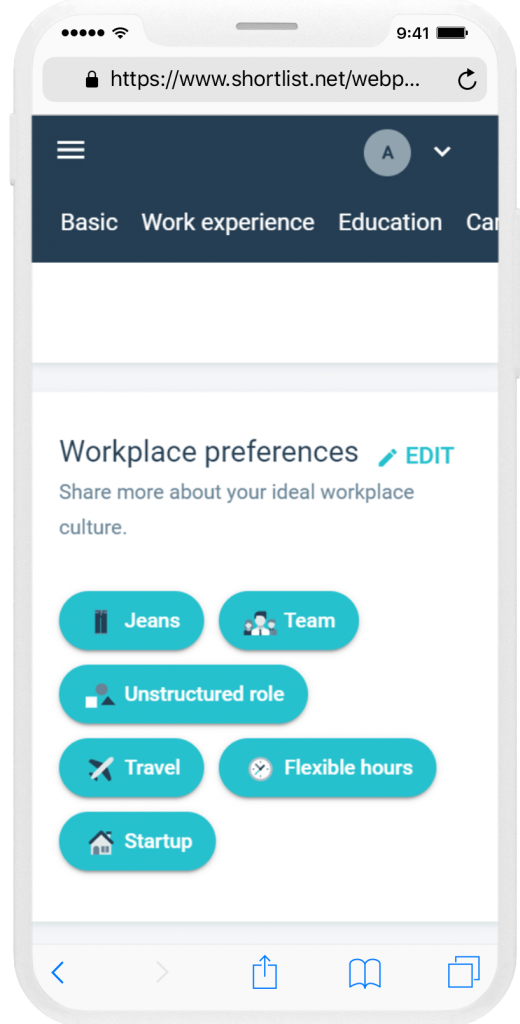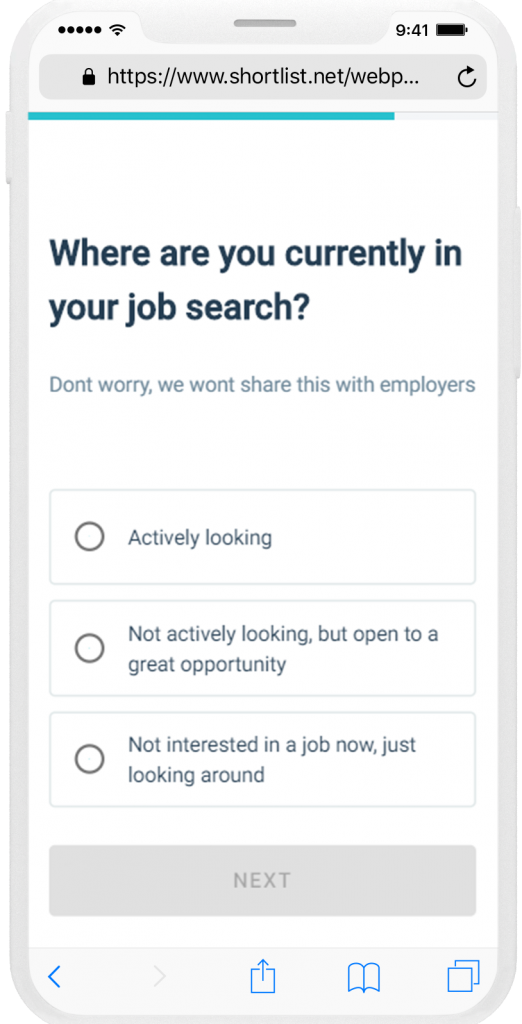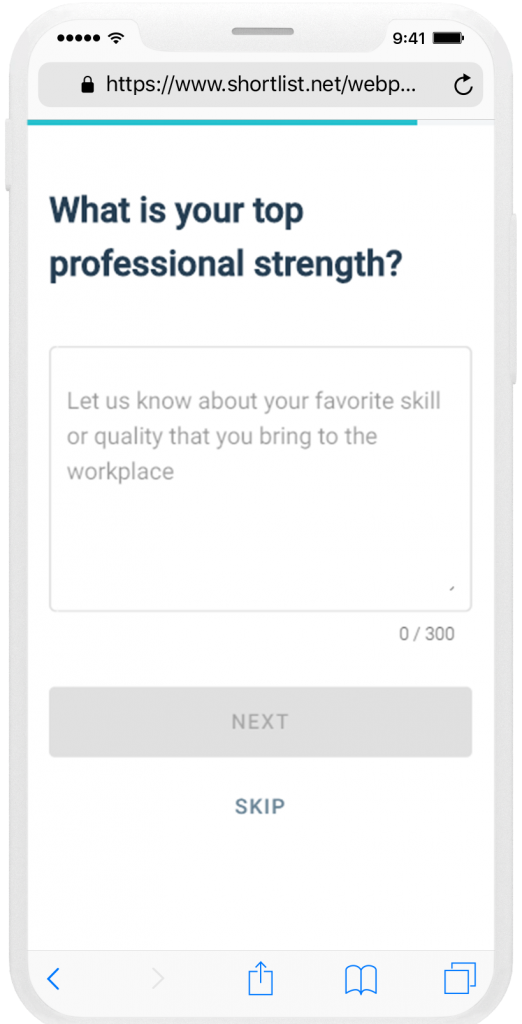We recently led a career coaching session at a local university when a student asked, “I’ve heard that employers look at your social media accounts when they’re considering you for job placement. Is this true? And if so, what should we do to make sure we give the right impression?”
This is a great question and one that professionals around the world are increasingly contemplating. The answer is yes — many employers use social media as another means of understanding a candidate’s personality beyond the polished confines of the interview room. The rule of thumb we recommend is to ask yourself before you post anything publicly, “Would I want my next employer to see this?” If the answer is yes, post away.
We understand that some content you want to post is light-hearted and purely social, but when in doubt we advise that you keep content meant for friends — and not your employer or professional connections — in private settings.
But social media isn’t just a risk factor for your career — it can have a positive impact as well! Here are a few ways that social media can work for you while building your career:
Use social media to build your brand
Social media provides an avenue for individuals to showcase who they are, their passions and talents. To use this as a tool to build your brand, decide the level of interaction you prefer and stick to it.
Choose the platform that you like to use the best — LinkedIn, Facebook, Twitter, Instagram and Snapchat all serve a different purpose and attract a diverse audience. Whichever you choose, you want to maintain consistency across these platforms.
For instance, LinkedIn provides an opportunity to tell a story about your professional journey. Use this wisely by ensuring that your information is up to date from your employment history to projects and volunteer activities. List your areas of expertise and offer advice to other professionals who are interested in the same field.
As an alternative, Twitter and Facebook are conversational platforms where people share their views on current trends and topics. These can be great avenues to use social media for your career by engaging with other like-minded individuals, raise awareness on issues that you are passionate about in discourse on social issues.
If you’re more keen on laid-back platforms to showcase your hobbies and creative side, Instagram and Snapchat are right up your alley. The visual storytelling and engagement elements of these platforms make them a great one for aspiring marketers and content creators to focus on.
Whatever the social media platform of your choice, here are a few housekeeping rules to keep in mind:
- Ensure that your information is accurate across all platforms.
- Avoid the use of unprofessional names; use your official names across all platforms.
- Pick a profile picture that portrays an image you want the world to see. As the saying goes, a picture speaks a thousand words. Ensure that your posts are thoughtful and do not have grammatical errors. Remember, you never know who is looking at your profile!
The lack of attention to detail can give the impression that you would make similar mistakes in professional emails which could, in turn, turn off a potential employer.
Showcase your expertise
You can use social media for your career by positioning yourself as a thought leader through contributing to topics in your area of interest and knowledge, sharing relevant articles and actively pursuing offline opportunities to build your brand. Social proof goes a long way!
Cultivating useful social media habits is bound to position you as an expert. Some of these include:
- Stay informed on the latest developments in your areas of interest. Do this by, following relevant accounts, industry leaders, and groups.
- Take a peek at some of your favourite companies and follow their corporate pages. You never know what might pop up in your LinkedIn, Twitter or Instagram feed.
- Post some of your content or join in on conversations in your area of speciality.
- Share your story and connect with like-minded individuals. You’d be surprised at the level of influence you may have on these platforms just by being authentic and sharing your knowledge.
If you’re on social media, be active
Merely signing up won’t cut it; engage with your audience with consistency. Share content a few times a week. Take time to respond to other peoples’ comments on your posts and private messages.
Consistency will help you build your audience and through that, your brand!
Have fun and show your personality
Using social media for your career does not have to be yet another formal pursuit after your 8 to 5. Feel free to share your hobbies, talk about an awesome personal project you are working on. Post your ideal wind-down routine, recipes, travel experiences, and whatever else brings you joy! Additionally, your varied interests may also show that you are well-rounded and able to balance your work and personal life.
But don’t forget…
There are, however, some types of content that are never okay to post online. This includes aggressive or derogatory posts and anything suggestive of illegal behaviour. Similarly, airing out your frustrations about your job, boss, or client all make you appear unprofessional and immature. Get to understand your organisation’s policies on social media; you may have restrictions on what topics you can discuss as they may point to some of your clients or the organisation itself.
Even if your accounts are set to private, it’s important to note that everything leaves behind a digital footprint and an uncomfortable situation could be just a screenshot away.
What are your favourite social media accounts to follow, and why? Let us know through our channels: Twitter, Instagram, Facebook
If you are in the market for a new job, take a look at our current openings with our partner organizations:






 Confidence
Confidence


































